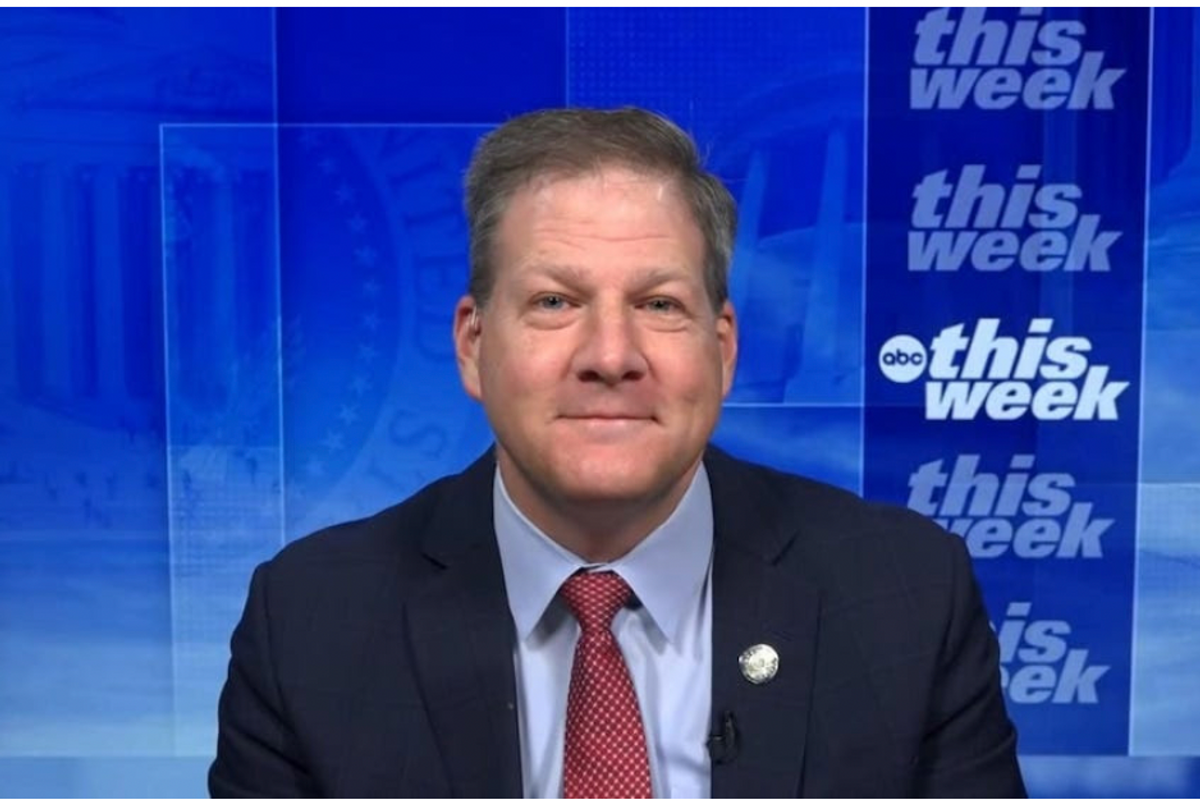
By Cathy Young, Newsday
The latest same-sex marriage skirmish is over a bill passed by the Arizona legislature and denounced as a modern-day equivalent of racist Jim Crow laws. The bill, which Gov. Jan Brewer hasn’t said if she will sign, would create a “religious freedom” exemption to discrimination laws, allowing business owners to refuse to provide marriage-related services that violate their religious beliefs. Similar laws are being considered in other states. Is this about bigotry or liberty? The issue is not as simple as either side claims — and the debate points to troubling cultural rifts that may well deepen in the years to come.
The proposed bills stem from cases in which photographers, florists and bakers have been sued under anti-discrimination laws for refusing wedding services to gay and lesbian couples. The defendants claim that providing support to a same-sex marriage would violate the tenets of their beliefs, which hold that marriage is a sacrament between a man and a woman. Under the legislation, they would be able to claim the religious exemption.
It’s easy to see why these bills, which seem specifically crafted to allow business owners to discriminate against a particular group, would stir up passions. But perhaps we should try to put ourselves in the shoes of people who have a very personal connection to their businesses and are asked to validate something that offends their conscience.
Suppose you’re a gay caterer hired to organize a banquet for an anti-gay religious group, or a feminist print-shop owner who gets an order for a pamphlet advocating wifely submission, or an Orthodox Jewish baker asked to make a cake for a Jewish-Christian wedding. And suppose laws prohibiting religious discrimination were so broadly construed that you would be in violation if you refused.
Do we see this situation differently? Is the belief that marriage is between a man and a woman — until recently common even in liberal circles — now presumed so bigoted as to deserve no consideration, even when the exercise of this belief does not actually keep gays from marrying?
Consistent libertarians argue that the solution is for the government to step back and let business owners decide whom they will serve. But, morality aside, this argument is pointless from a practical standpoint: The prohibition on private-sector discrimination based on such characteristics as race, gender, ethnicity and religion is now so deeply entrenched in our society and law that to change it would be severely destabilizing.
We face a conundrum. Either we will have laws that stigmatize gays, or we will marginalize traditional religious believers who still make up a large share of the U.S. population. One possibility is that religious traditionalists will increasingly withdraw from a mainstream culture they perceive as hostile into their own enclaves, leading to greater polarization between religious and secular citizens and the growth of radical fundamentalism. This would be a bad outcome for both religion and the larger culture.
Perhaps the best solution would be informal accommodation. Religious business owners who don’t want to participate in same-sex nuptials could refer gay clients to other providers. Civil rights groups could agree to look the other way and focus on battling more severe forms of discrimination. Let us not forget that in many states, same-sex couples are still denied not only marriage rights but even domestic partner benefits — and resistance to such rights is likely to intensify if there is a perceived threat to religious liberty.
We are at a juncture where both the public and the market are increasingly embracing gay rights. But such rapid change inevitably generates cultural conflict that could be eased by small measures of compromise.
Photo: Mandi Wright/Detroit Free Press/MCT


